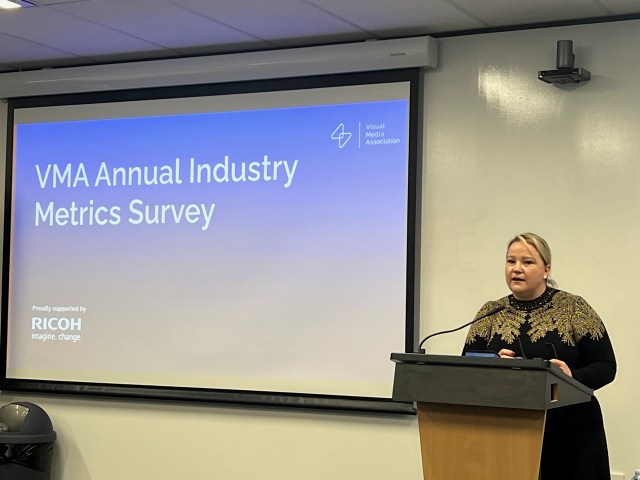
The past year has brought significant amendments to workplace relations legislation, creating new compliance and operational requirements for employers. Key reforms included the ‘right to disconnect’, changes to casual employment laws, revised definitions of ‘employer’ and ‘employee,’ amendments to enterprise agreement-making and related bargaining requirements, and expanded rights for workplace delegates.
The rapid pace at which the government pushed through these changes made workplace relations a key focus throughout 2023 and 2024. Unsurprisingly, this wave of legislative amendments has kept the Fair Work Commission (FWC) exceptionally busy. According to its 2023/2024 annual report, the FWC handled more than 40,000 claims, marking the highest claim lodgement rate on record and a 27 per cent increase from the previous year’s reporting period.
So, what does 2025 hold?
Looking ahead to 2025
Wage theft legislation
In 2025, new wage theft laws will come into effect starting in January. Under these laws, employers who intentionally underpay their employees may face criminal charges. An employer will commit an offence if:
- They are required to pay an amount to an employee under the Fair Work Act or an industrial instrument (such as an enterprise agreement); and
- They intentionally engage in conduct resulting in failure to pay these amounts to or for the employee on or before the due date.
The Fair Work Ombudsman will continue to investigate wage theft issues. However, the prosecution of alleged offences will be handled by the director of public prosecutions or the Australian Federal Police. If found guilty, companies and individuals may face significant fines and even imprisonment, with cases assessed based on the criminal standard of ‘beyond reasonable doubt’.
Potential regulation of non-compete clauses
The government has also been considering potential regulation of non-compete clauses in employment contracts. These clauses aim to restrict an employee from accepting a job with a competitor or operating a competing business, typically within a specific geographical area and for a set duration. From an employer’s perspective, non-compete clauses are designed to safeguard trade secrets, know-how, and other sensitive commercial information.
However, the overuse of these clauses can limit an employee’s ability to work in their area of expertise and, in some cases, hinder career progression. Courts generally only enforce non-compete clauses when they are deemed reasonable and when there is a clear risk of the employer losing confidential information. The government is expected to tread carefully on this issue, as it requires balancing the rights of employees with the legitimate interests of employers. Thus, while regulations on non-compete clauses may be discussed, any legislative action is likely to be measured and deliberate.
A pause on major workplace reforms
Aside from these considerations, there does not appear to be any additional major workplace relations reforms currently on the government’s immediate agenda. This pause may be strategic as Australia enters into an election cycle commencing in early 2025, with the next federal election likely to be held in May 2025. During election periods, governments tend to avoid introducing contentious legislation, particularly in areas such as workplace relations, which can impact a wide voter base.
The search for talent
In 2025, the ongoing shortage of skilled candidates and attracting new entrants into our industry is expected to remain a pressing challenge. Through initiatives such as the Skills and Training Roundtable of members, the VMA is actively working to overcome related challenges and address training needs within the industry. However, sustained progress will require collaboration across all industry stakeholders to create lasting solutions for talent attraction, retention and skill development.
Embracing change with confidence
As we move towards 2025, our industry has demonstrated and will continue to showcase its adaptability and creativity in meeting these evolving and emerging challenges. The support of our members has been instrumental in driving the successes we achieved this year and with your ongoing support we look forward to 2025. Together, we’re well-positioned to make 2025 another year of growth, innovation, and achievement.
This was first published in the December edition of ProPrint magazine.
Comment below to have your say on this story.
If you have a news story or tip-off, get in touch at editorial@sprinter.com.au.
Sign up to the Sprinter newsletter



